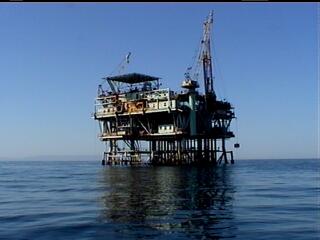Development of sound management plans for
coastal regions such as the Santa Barbara Channel is hampered by scientific
uncertainty about the consequences of human activities. To understand and
predict natural and anthropogenic disturbances, synthesis of new and existing
knowledge of many scientific aspects of coastal marine systems - including
biology, ecology, genetics, geology, chemistry and oceanography - will be
necessary. Further, the development of new approaches and the use of emerging
technologies are needed to resolve fundamental questions, some of which have
remained unanswered for many years. Only with these advances will it be
possible to make reliable predictions about the consequences of various
activities, to develop the ability to restore degraded habitats and conserve
valuable resources, and to foster development of environmentally sound policies
for use of coastal regions in general.
Objectives
The Center has
four major objectives:
• To act as a
center for production and integration of basic scientific information to more
fully understand coastal ecosystems and their natural and exploited populations.
• To evaluate
and predict effects of human activities on the coastal marine environment, and
to develop measures to ameliorate lost or degraded natural resources.
• To train
students in basic research on coastal environmental issues that may be
applicable to decision-makers.
• To facilitate
and promote interdisciplinary research initiatives.

